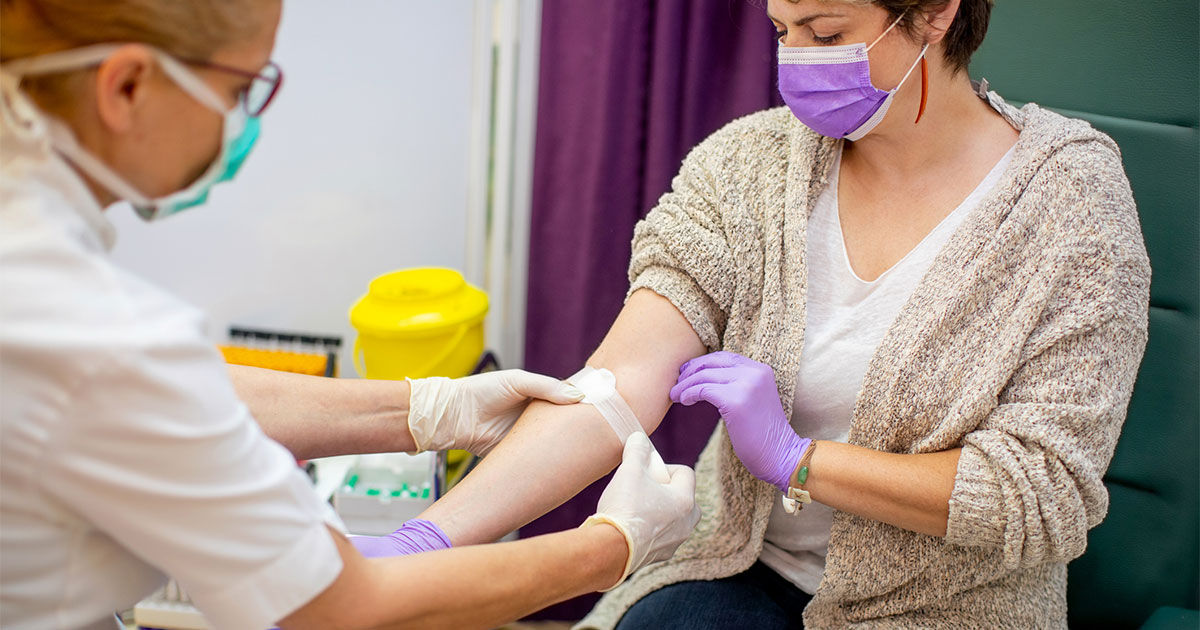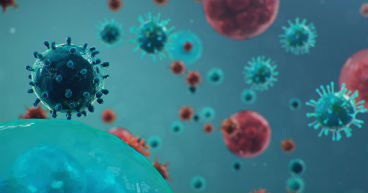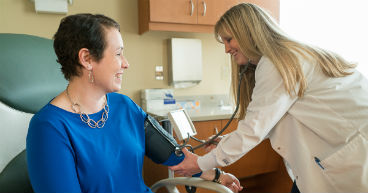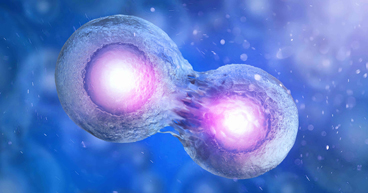
Blood is the stuff of life. It carries oxygen and nutrients throughout the body. It helps us fight infections, think, breathe and digest food. It helps flush waste out of our system. And, while we’re all unique, the blood that runs through many of us carries properties that may allow it to be shared with others whose supply may be low or unhealthy due to medical conditions, surgeries or injury. The American Red Cross estimates that more than 21 million transfusions of blood and blood components, such as platelets, plasma and red blood cells, occur every year.
Yet, while many cancer patients are comfortable receiving blood transfusions, others may not be. Some patients may refuse transfusions for religious reasons or may have conditions that make them unable to receive transfusions. Others may have concerns about the safety of the blood supply and the chance—albeit remote—that they may be infected with a virus from donated blood.
For these reasons, and others, many hospitals have developed bloodless medicine programs to treat patients with a number of diseases, including cancer. Bloodless medicine programs are designed to help patients preserve and fortify their own blood supply to help reduce the need for transfusion or other blood-based products.
Why are blood transfusions needed in the first place? For cancer patients, there may be several reasons. Cancer and its treatments, especially surgery, may strain the body’s blood supply. Many cancer patients may need to consider the possibility of a blood transfusion because of their disease type or the treatment required. For instance:
- Blood loss may occur during surgery, or from internal bleeding caused by a tumor.
- Chemotherapy and other drug treatments may deplete the supply of healthy blood cells.
- Blood cancers, such as leukemia, may prevent production of healthy blood cells.
Concerns about risks
The interest in bloodless medicine programs started in the Jehovah’s Witness community, according to Herbert L. Duvivier, MD, JD, Hematologist and Medical Oncologist at Cancer Treatment Centers of America® (CTCA), Atlanta. Most of the estimated 1.3 million Jehovah’s Witnesses in the United States say it’s against their religion to accept transfusions, even of their own blood.
Other Americans also have concerns about the safety of transfusions. Some patients may be concerned about allergic reactions to the blood. Others may be worried about contracting a disease, such as HIV, from the donor, though such instances are very rare. The risk of a patient being infected with HIV as a result of a blood transfusion is one in 1.5 million, Dr. Duvivier says.
Only about 37 percent of Americans are eligible to donate blood. Blood transfusions and collections have been on a steady decline since 2008, according to a 2017 study. Researchers expect this trend to continue.
What is bloodless medicine?
Historically, Dr. Duvivier says, medicine was “very paternalistic.” A doctor told a patient what he or she needed to do—including the potential of receiving a blood transfusion, which often was considered a normal course of medical care for some patients. Now, like many aspects of cancer care and health care in general, patients often have options to consider when it comes to getting a transfusion. It’s important, Dr. Duvivier says, to ensure that patients are actively engaged in their care plans, including by asking questions about the need for transfusions.
Bloodless medicine programs are intended to allow patients to choose to refuse blood transfusions by offering a series of strategies and techniques designed to reduce blood loss and help the body maintain a strong and healthy blood supply. These strategies include:
- Reducing the amount of blood drawn for testing before and after surgery and during the course of treatment
- Managing anemia through nutrition, supplements and agents that encourage the blood marrow to generate red blood cells
- Using equipment designed to allow lost blood to be recycled during surgery
- Identifying sources of blood loss
- Administering drugs that may help blood clot, slow bleeding during surgery, produce more healthy blood cells, help the body fight infection and increase blood flow
Potential benefits
As more doctors recognize the benefits of bloodless medicine, such programs are being established in hospitals worldwide. In 2009, a team of doctors from various countries published an article urging their colleagues to embrace the “new paradigm” of patient blood management. While blood transfusions may have saved many lives, they wrote, “a therapy deemed suitable yesterday may no longer be the first choice today.”
Blood management programs that help patients avoid transfusions may have these benefits:
Improved outcomes: Bloodless medicine patients may have fewer post-operative strokes or heart attacks and, overall, have more positive outcomes from their treatment.
Fewer reactions: Transfusions may cause allergic reactions and fevers in some patients.
Reduced costs: Blood management has become increasingly expensive, and blood may be scarce in some regions.
Dr. Duvivier advises patients to talk to their doctor about their concerns over transfusions and to review bloodless medicine options that may be available. “Open communication is important,” he says. “The whole patient-centered dialogue is what drives good outcomes for patients.”
Learn about potential health and safety risks for those in cancer treatment.



